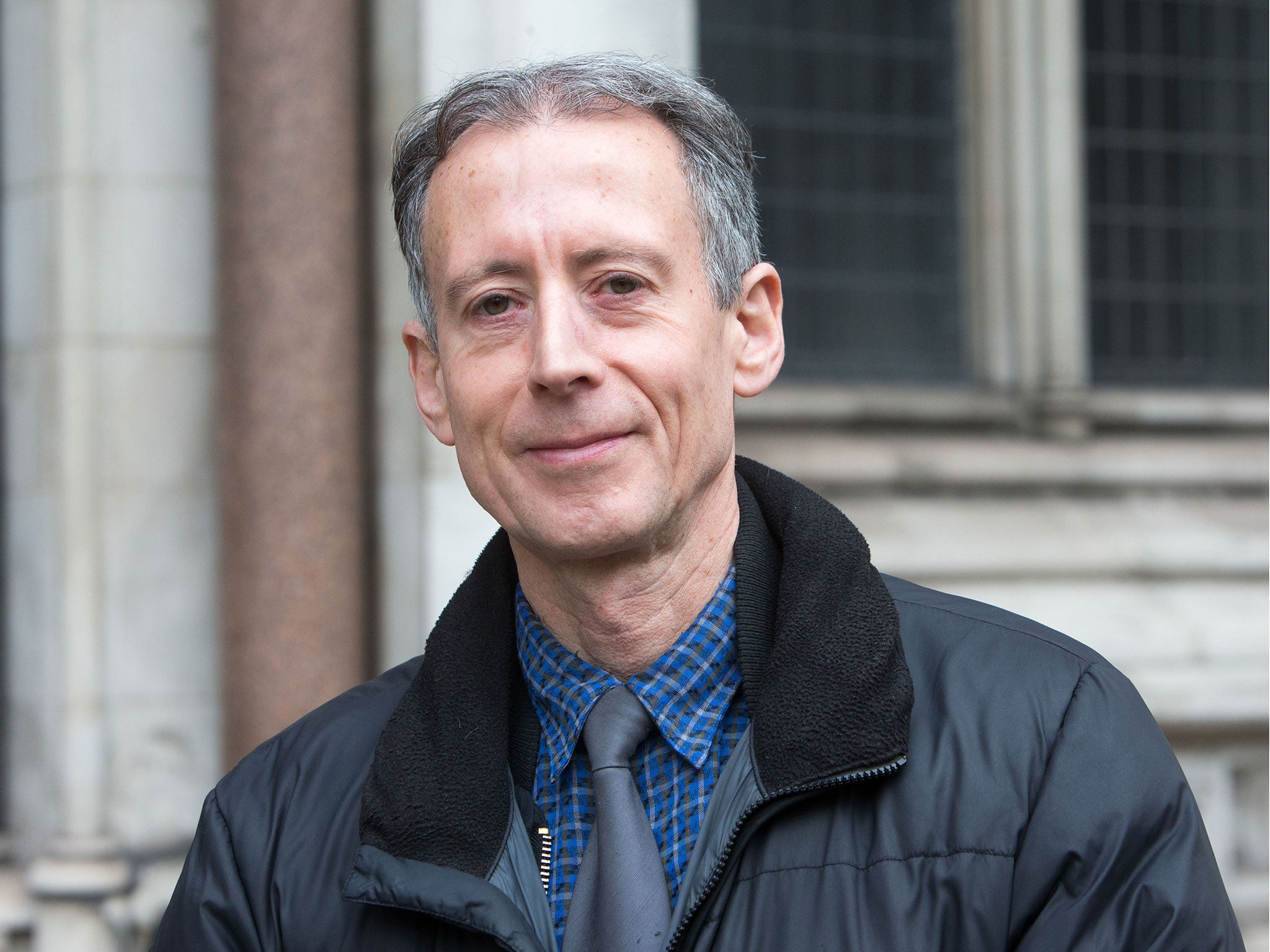Theresa May urged to compensate tens of thousands of men convicted under anti-gay laws
'Many were jailed and nearly all endured devastating knock-on consequences'

Your support helps us to tell the story
From reproductive rights to climate change to Big Tech, The Independent is on the ground when the story is developing. Whether it's investigating the financials of Elon Musk's pro-Trump PAC or producing our latest documentary, 'The A Word', which shines a light on the American women fighting for reproductive rights, we know how important it is to parse out the facts from the messaging.
At such a critical moment in US history, we need reporters on the ground. Your donation allows us to keep sending journalists to speak to both sides of the story.
The Independent is trusted by Americans across the entire political spectrum. And unlike many other quality news outlets, we choose not to lock Americans out of our reporting and analysis with paywalls. We believe quality journalism should be available to everyone, paid for by those who can afford it.
Your support makes all the difference.Theresa May has been urged to apologise and compensate tens of thousands of men who were convicted under anti-gay laws prior to and following the partial decriminalisation of male homosexuality half a century ago.
Thursday marks the 50th anniversary of the Sexual Offences Act of 1967, which decriminalised homosexual acts in private between two men.
Campaigners estimate that around 10,000 to 20,000 men convicted before the law was passed are still alive and they have urged the Prime Minister to apologise for their treatment.
Peter Tatchell, who is leading the call, claims that around 100,000 men were convicted of consenting homosexual behaviour after same-sex acts were outlawed in 1885.
The veteran campaigner has estimated that around 15,000 were convicted after the Sexual Offences Act was legislated in 1967.
Thousands of gay and bisexual men convicted of sexual offences before the 1967 Act were posthumously pardoned earlier this year under the “Alan Turing law”. It followed decades of campaigning from the LGBT community.
But Mr Tatchell has claimed that gaps in the 1967 Act meant the criminalisation of homosexuality did not officially end across the whole of the UK until 2013.
Many gay and bisexual men were convicted under anti-gay laws after the legislation came into force, he said.
The Sexual Offences Act 1967 repealed the maximum penalty of life imprisonment for anal sex and ended the blanket outlawing of all homosexual acts.
But it was limited in that it maintained that gay sex was prosecutable unless it took place in strict privacy.
Gay and bisexual men, and some lesbians, subsequently continued to be prosecuted up until the early 1990s for public displays of affection, such as kissing and cuddling, under public order and breach of the peace laws.
Mr Tatchell is now calling for those who were convicted to receive a prime ministerial apology for convictions, which he said often had a highly negative impact on their lives.
“These men deserve an apology and compensation for the terrible persecution they suffered. Many were jailed and nearly all endured devastating knock-on consequences,” he said.
“They often lost their jobs and became near unemployable and semi-destitute because of the stigma associated with having a conviction for a homosexual offence. Some experienced the break-up of their marriages and lost custody and access to their children.
“Families and friends disowned them and they were abused and sometimes assaulted in the street. Many descended into a downward spiral of depression, alcoholism, mental illness and suicide or attempted suicide.
He added: “The psychological and emotional scars were devastating and long lasting. That’s why they need and deserve a Prime Ministerial apology – and state compensation.”
Downing Street has been contacted for comment but had provided no response at the time of publication.
Join our commenting forum
Join thought-provoking conversations, follow other Independent readers and see their replies
Comments